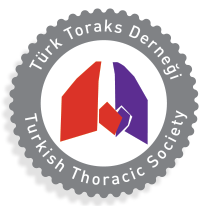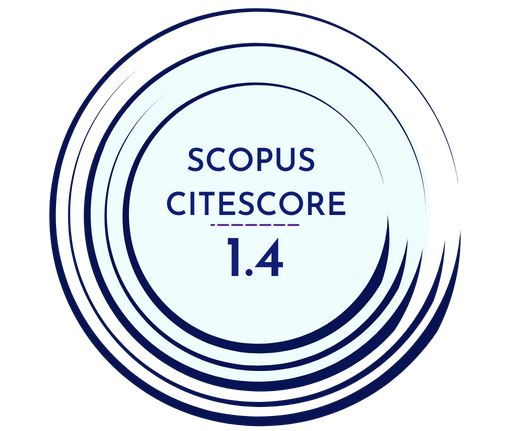Objectives: Inspiratory muscle training improves inspiratory muscle strength, exercise dyspnea and exercise tolerance in both healthy individuals and patients with chronic lung disease.The studies are generally performed with patients with chronic obstructive disease and few data are available with asthma patients. The aim of this study was to investigate the effect of inspiratory muscle training on asthma control and exercise capacity in asthmatic patients.
Methods: Patients admitted to the Pulmonary Rehabilitation Unit of Süreyyapaşa Chest Diseases and Chest Surgery Training and Research Hospital and who were diagnosed moderate persistent asthma and nineteen cases (14 women, 5 men) with ages ranging from 29-63 (49,79±966) who agreed to participate in the study were included in the study. Inspiratory muscle training was applied to the cases at 8 weeks, 7 days of the week, 2 times a day, 30 breaths per session. In addition, the subjects were instructed to use pursed lip breathing, diaphragmatic breathing, deep breathing, throcal expansion and respiratory control. At the beginning and at the end of the training,6 Minutes Walking Test (6 MWT), maximally inspiratory pressure and maximally expiratory pressure (MIP-MEP) measurements,pulmonary function of test (PFT), asthma control test (ACT), dyspnoea seveity (mMRC), fatigue severity scale (FSS), Notthingham Health Profile (NHP) were performed, and in the 4th week of the training, ACT, PFT and MIP-MEP were measured with interm assesment. The data were evaluated with SPSS 20 and the variables were analyzed with Wilcoxon.
Results: It was determined that there was a positive difference in the 6 MWT, ACT, MIP, mMRC, FSS, NHP-Pain, NHP-Energy, NHP-Part1, FVC values after 8 weeks of IMT (p<0.05).
Conclusion: The effect of inspiratory muscle training on exercise capacity and asthma control was affected positivley; It was concluded that inspiratory muscle training should be at least 4 weeks as the MIP and ACT are more meaningful in the first 4 weeks.



.png)
